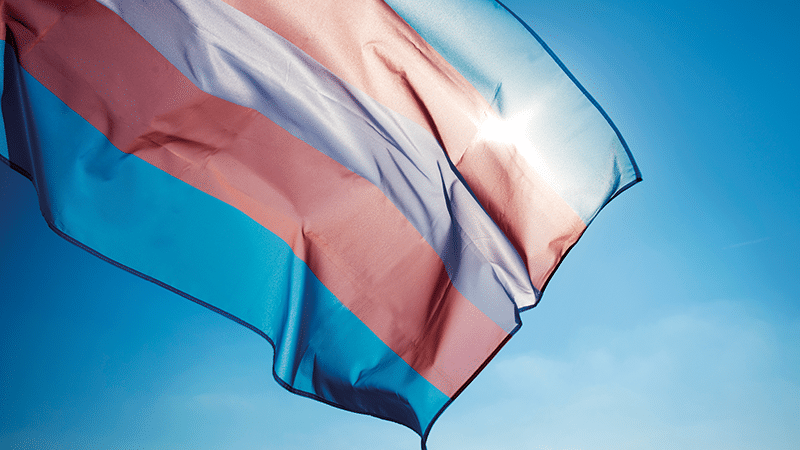Support for ‘trans rights’ in Great Britain has decreased across the board, a YouGov survey has found.
The survey of over 2,000 adults sought opinions on questions ranging from appropriate medical treatment to inclusion in sport and single-sex spaces.
It found a growing “scepticism” around transgender issues, and that the majority believe that certain ‘trans rights’ present “a genuine risk of harm to women”.
Diminished support
The number of Britons opposed to allowing people to legally change sex or ‘socially transition’ has “increased across the board”, most notably among older people.
However, it also noted that opposition among the young has actively grown, explaining that the belief that you should not be allowed to change your gender legally has increased by a full 16 points, to 36%.
The survey found that almost two in five Britons personally know someone who identifies as transgender, with noticeable differences across generations: “While 53% of 18-24 year olds say they know someone transgender, this falls with each successive age group, reaching 26% of those aged 65 and above.”
Gender recognition certificates
In recent years, activists have pushed to make getting a gender recognition certificate (GRC) easier, but the survey has found that, “in principle, few Britons support this”.
Only 19 per cent said it should be made easier, compared to 63 per cent who said it should not.
Young Britons continue to have the most permissive views on trans rights, but they are not supportive across the board. For instance, only 38% of 18-24yr olds think the legal process of changing gender should be made easier, and only 31 % say trans women should be allowed to take… pic.twitter.com/lCdkYEXv3J
— YouGov (@YouGov) February 11, 2025
Similarly, 70 per cent of Britons agree that the approval of doctors should be a compulsory part of gaining a GRC, and 66 per cent say the requirement to live as the affirmed gender for a minimum of two years before being approved should be kept.
Medical ‘transitioning’
The report also stated that: “One of the most contentious parts of the transgender debate is whether or not children should be allowed to transition”, but explained that the public’s view is particularly one-sided on the issue.
“When it comes to treatments for under-16s, 75% say puberty blockers should not be allowed, with 78% saying the same of hormone treatments.”
This increased to 87 per cent for people opposing “allowing children to undergo gender reassignment surgery”, with the vast majority of people saying this kind of treatment should not be allowed for under-16s.
It noted: “The public are also generally opposed to gender transition treatments being available through the NHS. Most (57%) say gender reassignment surgery should not be provided through the NHS, with 51% saying the same of hormone treatments.”
‘Risk of harm to women’
The report identified a public scepticism towards allowing trans people to use single-sex facilities – in particular, biological males entering female-only spaces. More than half (55 per cent) say they believe allowing biological males to use women’s toilets or changing rooms, “presents a genuine risk of harm to women”.
The majority of Britons say that men who identify as women should not be allowed to use women’s toilets and changing rooms, and 52 per cent thought they should not be allowed to use women’s refuges for victims of rape or assault.
The report added: “Such opposition increases further in our follow-up questions asking specifically about transgender people who had not undergone gender reassignment surgery.”
The public were also polled on their views on transgender participation in professional sport, and again the survey found that most Britons are “opposed to allowing transgender people to take part in gendered sporting events”, with the figure as high as 74 per cent when asked specifically about biological men participating in women’s competitions.
NHS puberty blocker trial ‘unethical’ and will harm children
Fiftyfold rise in gender confused children
Rejected plans to allow strip searches by trans police officers back on the table

